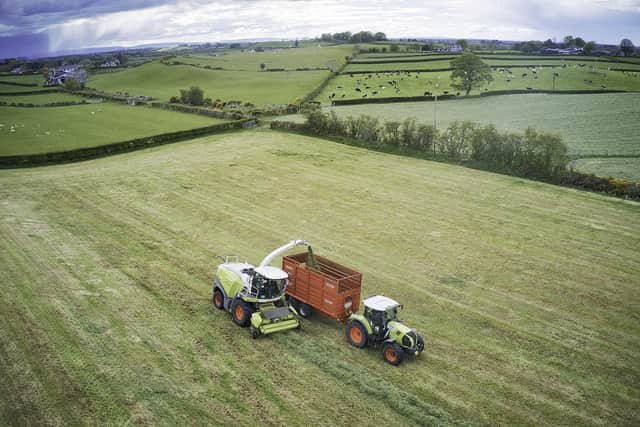Water efficiency tips for farmers will help save money on next bill
and live on Freeview channel 276
Now that we are well into the summer months and cattle are outside to graze in the milder weather, the supplies to field troughs will be getting used again. It is therefore important that after the supply is turned on, it is monitored for leaks that may have developed over the winter months.
A spokesperson from NI Water said: “Over 60% of NI Water’s non-domestic customers are farms. Water is the single most important requirement for livestock.
Advertisement
Advertisement
“On a dairy farm, livestock drinking water may account for between 50% and 75% of the farm’s water usage so it makes sense to look after it. The farming community can look after their water supply by checking out these tips.”


Ensure that you have a good understanding of the layout of pipework within your land and keep a map of the line of this pipework.
Have a supply of the relevant fittings to repair any leakages.
Know where your meters are located (NI Water will help you to do this) and check them on a regular basis. A higher reading may indicate a leak which should be located and repaired as quickly as possible to reduce your water bills.
Advertisement
Advertisement
Inspect remote troughs which may not be used at this time of year, particularly the exposed pipe leading into the trough; if cattle are inside consider installing a stop valve for the trough (or field) so you turn off the supply. Consider draining troughs.
Where practical ensure all underground pipes are buried 750 millimeters (2 ½) feet below ground level.
Fix dripping taps.
Know where your stop valves are located; NI Water provide stop valve tags as part of our online water audit at www.getwaterfit.co.uk
Another way of saving water around the farm is simply collecting or ‘harvesting’ rainwater. This could be as simple as having a waterbutt. Rainwater can be used as an alternative water supply for example in washing vehicles, washing windows and watering plants.
For more information email: [email protected]